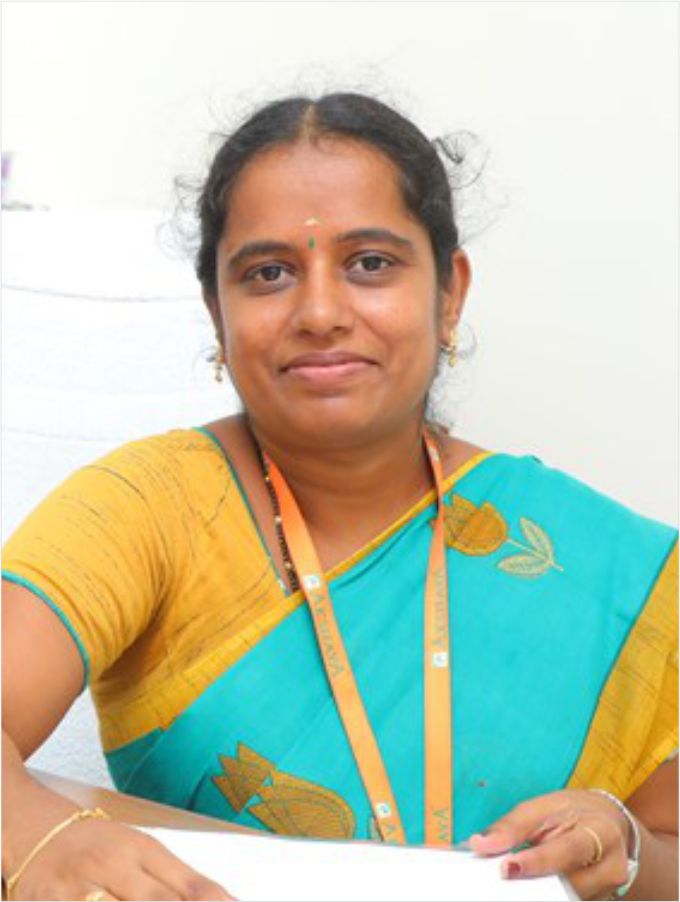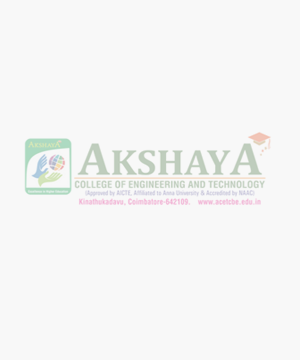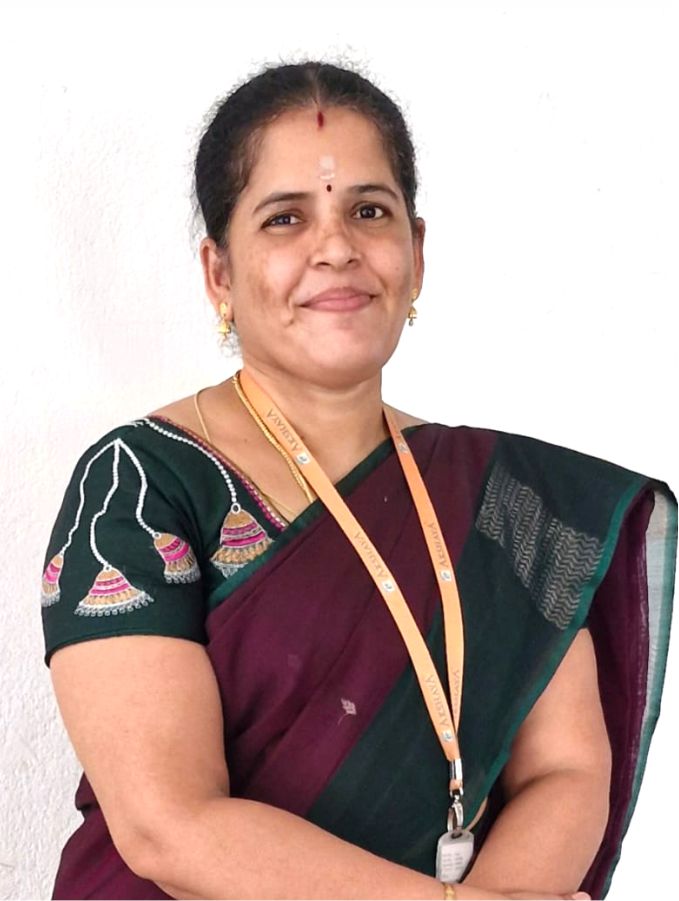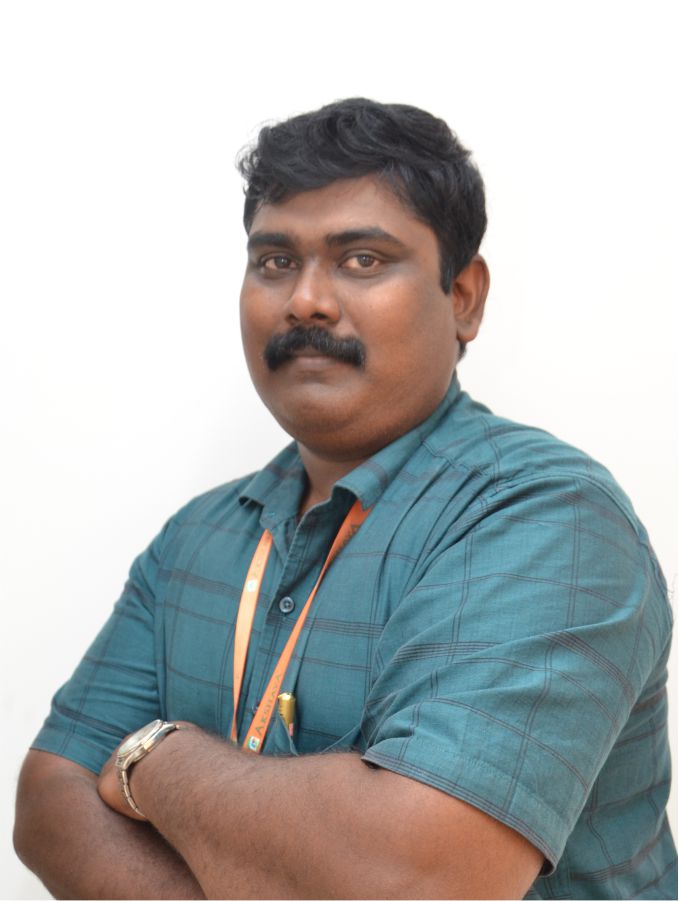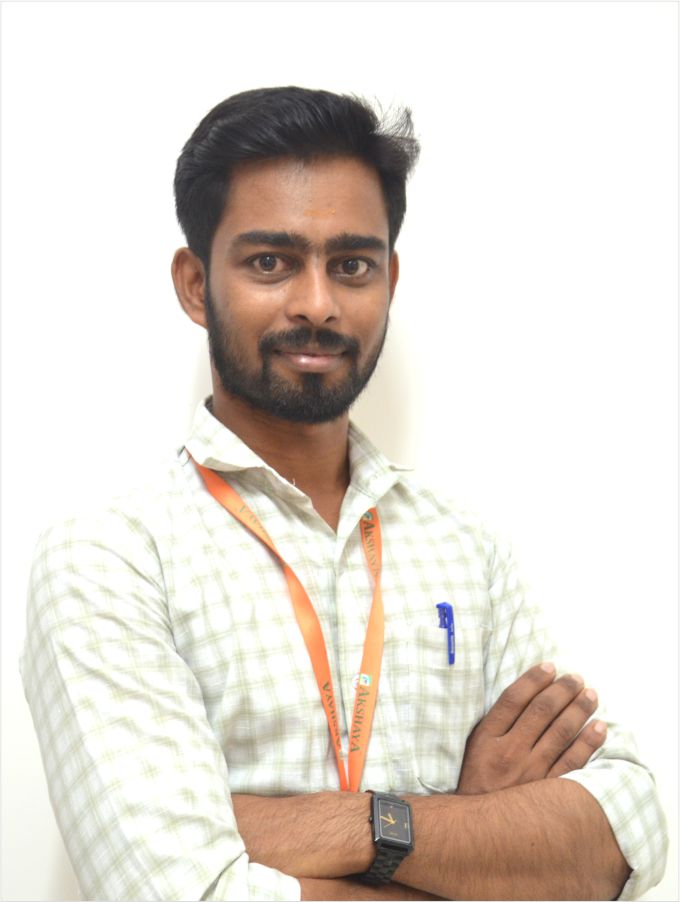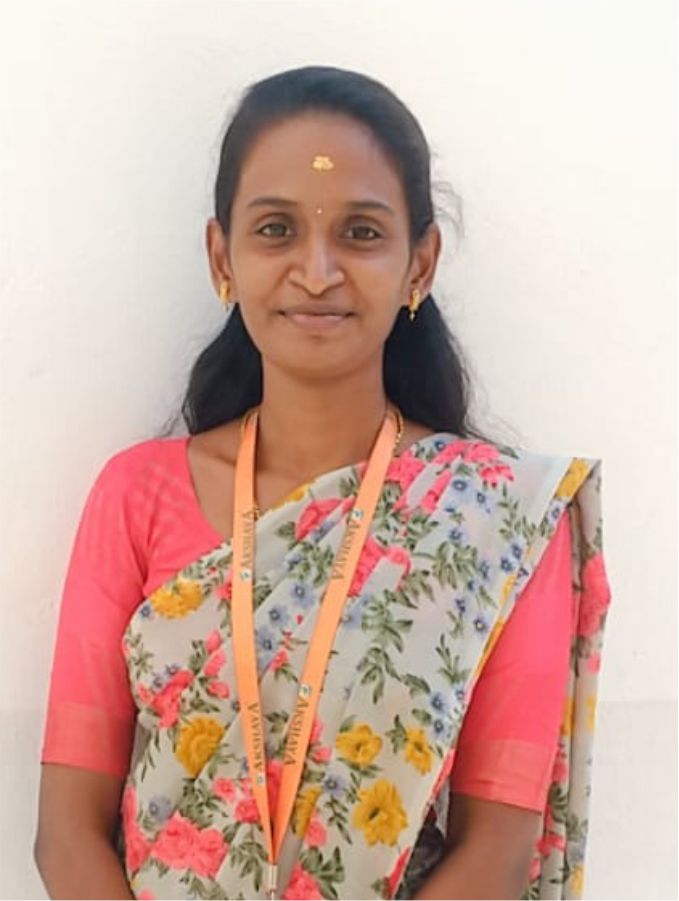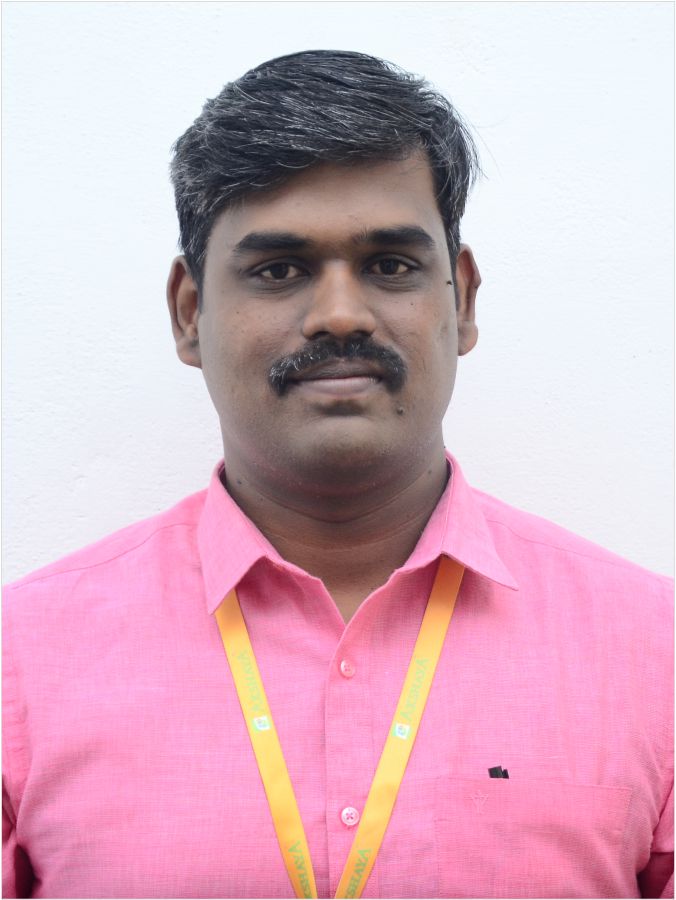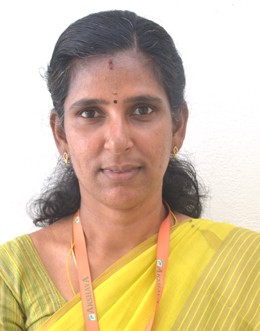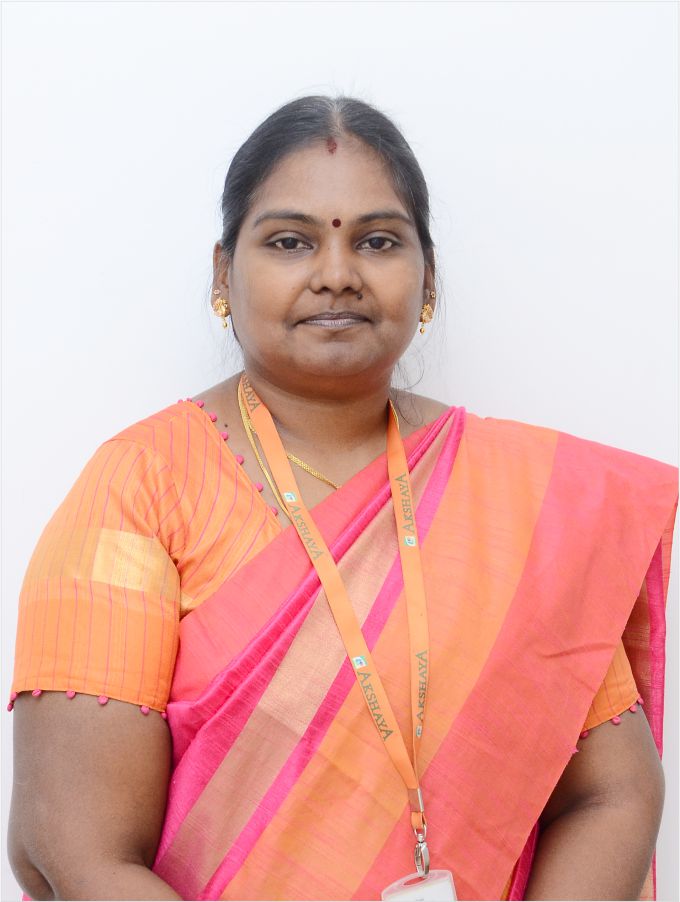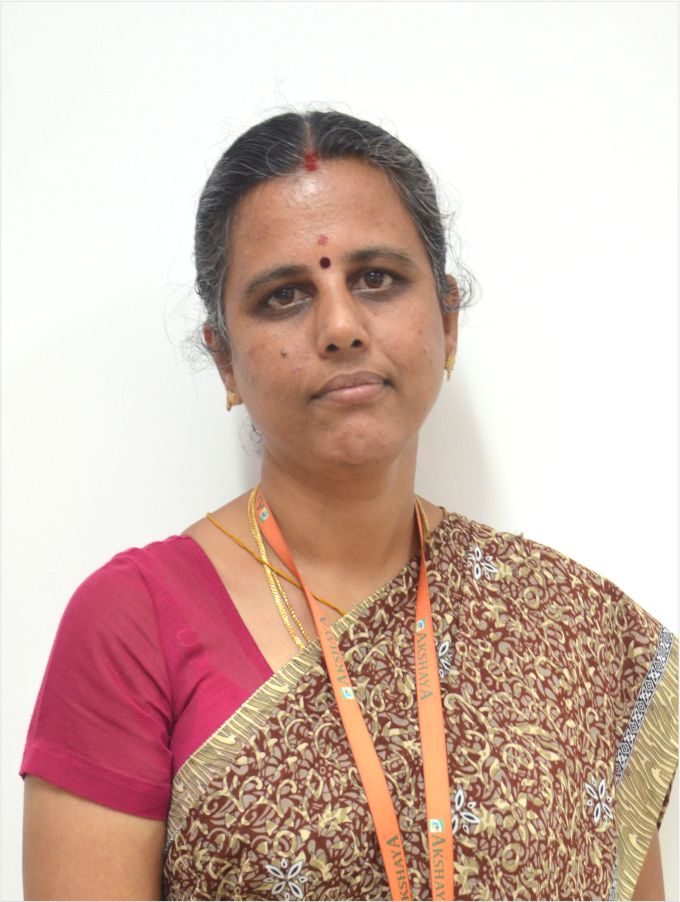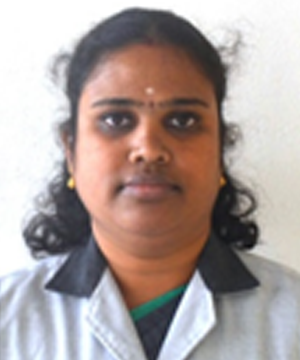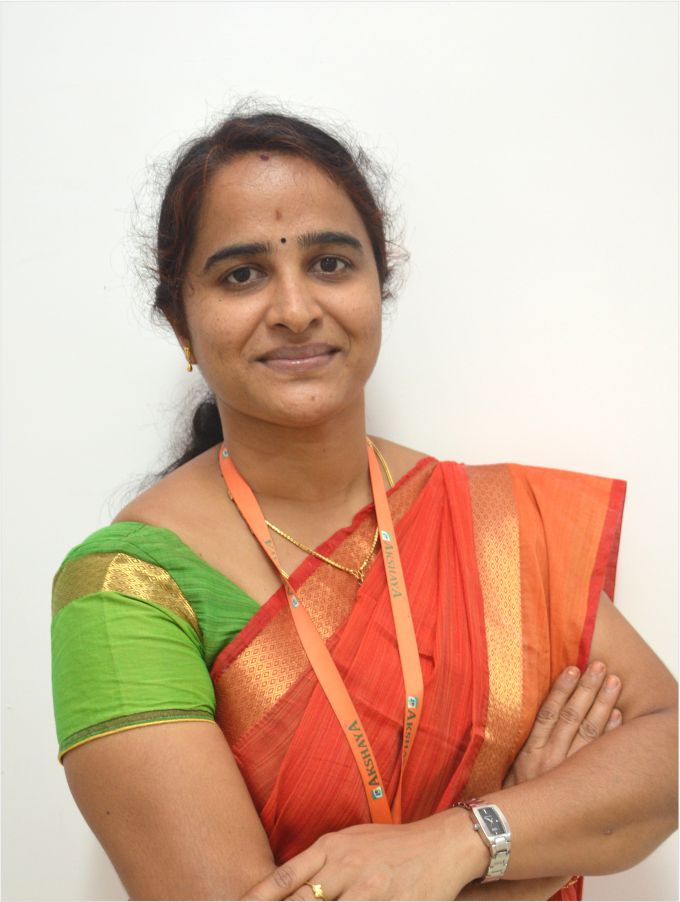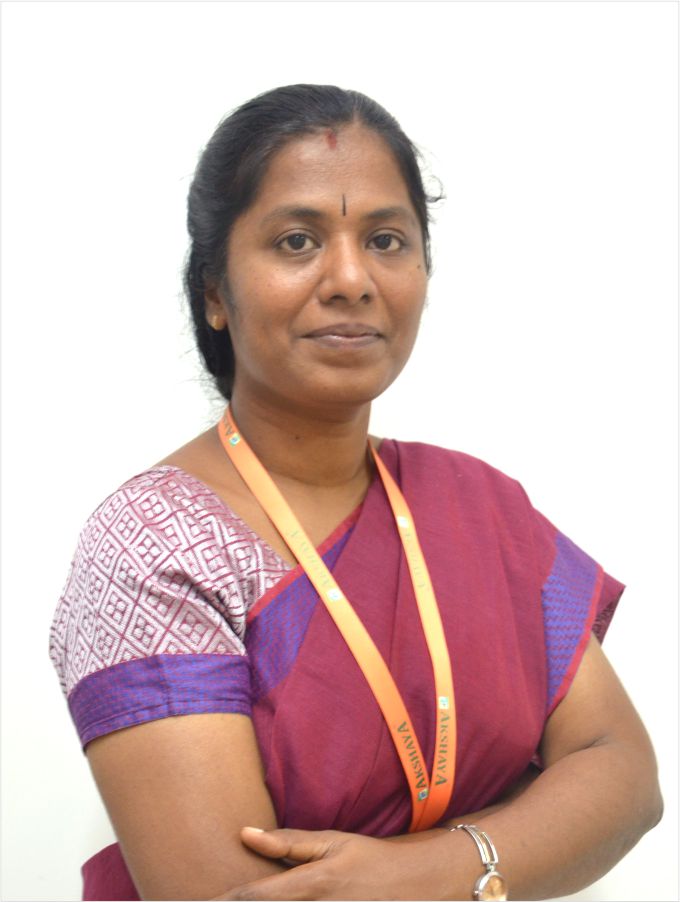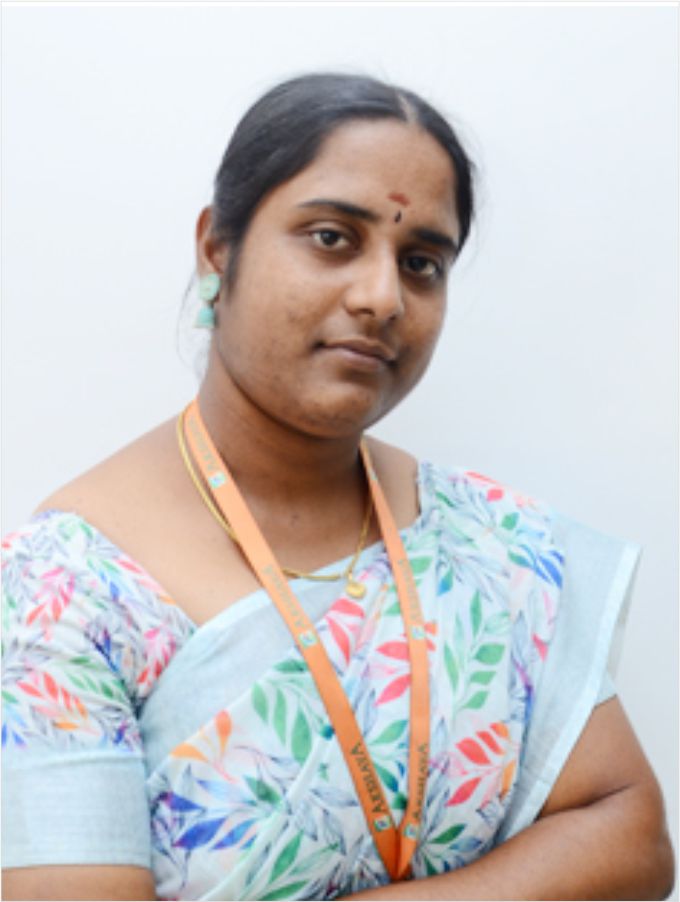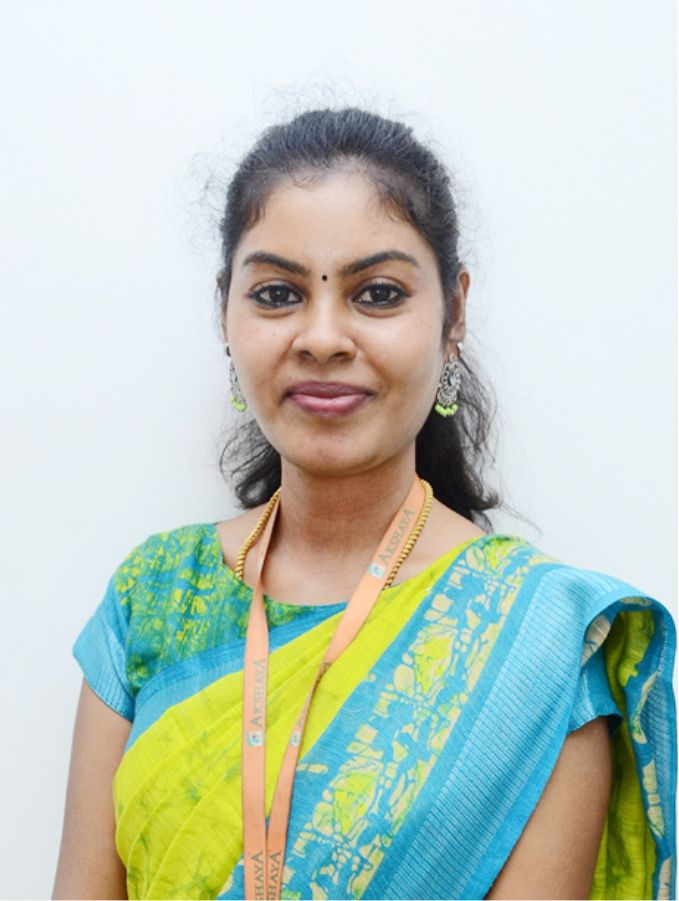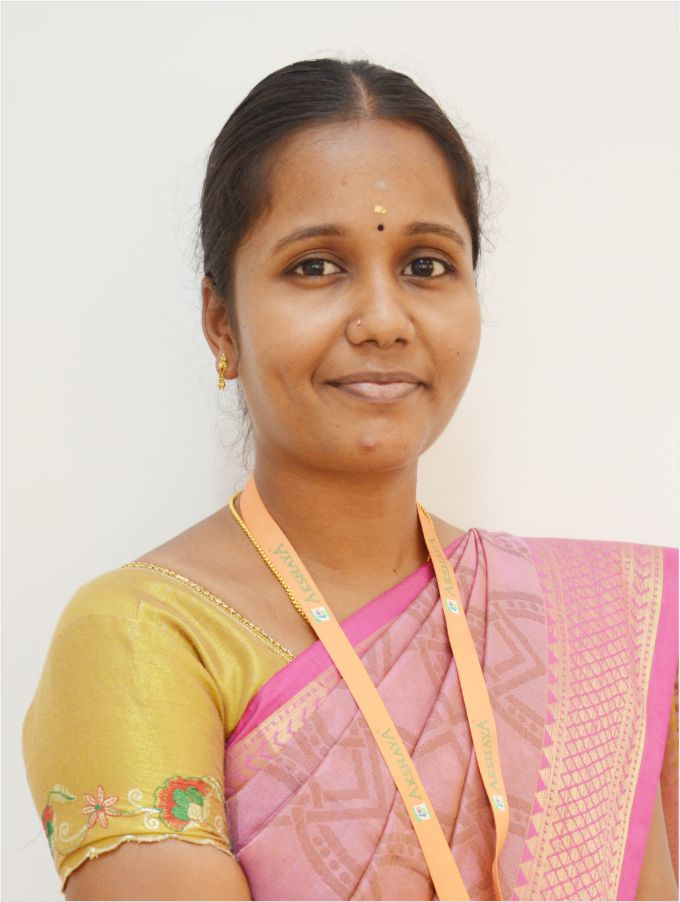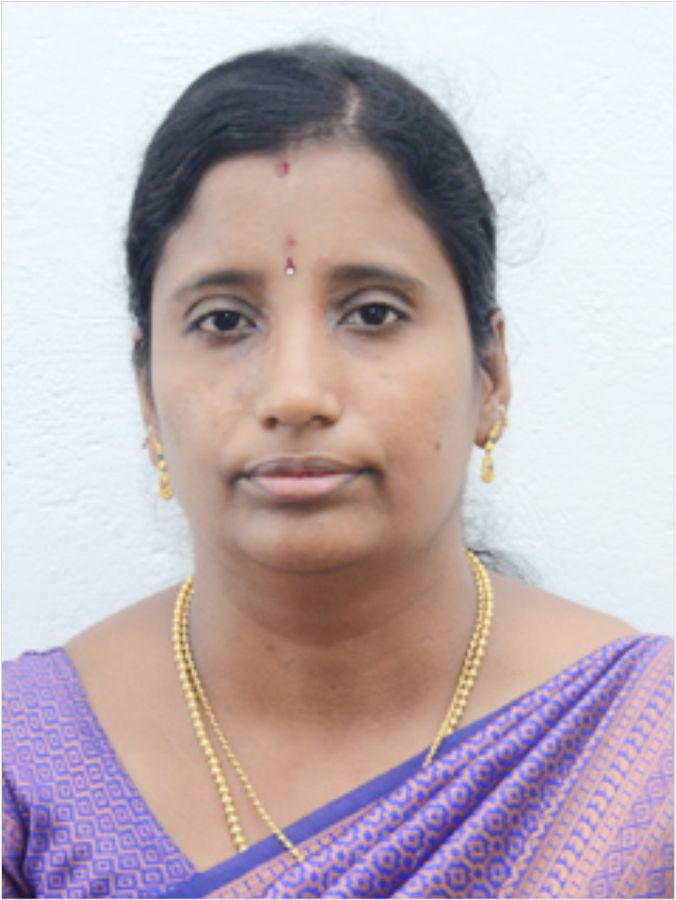The Department of Science and Humanities at Akshaya College of Engineering and Technology has been an integral part of the institution since its inception. The department is dedicated to imparting teaching and promoting the practical aspects of Physical Science and Humanities. It offers first-year courses for all department students, focusing on subjects like English, Mathematics, Physics, and Chemistry. The department aims to lay a strong foundation in these fundamental areas to make engineering streams more accessible to students. By bringing a human touch to technology, it strives to assist engineers in developing themselves within the social context. With a mission to build a solid foundation as part of engineering education, the department plays a unique and distinctive role where the ethos of science and technology prevails.
Vision
To produce competent Engineers and Scientists by imparting quality Education in Mathematics, Science and Communicative English to develop Research Capability, Employability, Entrepreneurship, Human and Ethical Values so as to meet the challenges in the technology driven society.
Mission
- DM 1 : To provide an academic environment that would help the students to acquire analytical and scientific knowledge through a teaching-learning exercise focusing fundamental concepts.
- DM 2 : To prepare the students for careers in industries and mould them to become an entrepreneur and as a leader.
- DM 3 : To sow the seeds of research in Engineering and Technology by providing facilities oriented towards applied science.
- PO 1 : Engineering knowledge : Apply the knowledge of mathematics, science, engineering fundamentals, and an engineering specialization to the solution of complex engineering problems.
- PO 2 : Problem analysis: Identify, formulate, review research literature, and analyze complex engineering problems reaching substantiated conclusions using first principles of mathematics, natural sciences, and engineering sciences.
- PO3 : Design/development of solutions: Design solutions for complex engineering problems and design system components or processes that meet the specified needs with appropriate consideration for the public health and safety, and the cultural, societal, and environmental considerations
- PO 4 : Conduct investigations of complex problems : Use research-based knowledge and research methods including design of experiments, analysis and interpretation of data, and synthesis of the information to provide valid conclusions.
- PO 5 : Modern tool usage : Create, select, and apply appropriate techniques, resources, and modern engineering and IT tools including prediction and modeling to complex engineering activities with an understanding of the limitations.
- PO 6 : The Engineer and Society : Apply reasoning informed by the contextual knowledge to assess societal, health, safety, legal and cultural issues and the consequent responsibilities relevant to the professional engineering practice.
- PO 7 : Environment and Sustainability : Understand the impact of the professional engineering solutions in societal and environmental contexts, and demonstrate the knowledge of, and need for sustainable development.
- PO 8 : Ethics : Apply ethical principles and commit to professional ethics and responsibilities and norms of the engineering practice.
- PO 9 : Individual and Team work : Function effectively as an individual, and as a member or leader in diverse teams, and in multidisciplinary settings.
- PO 10 : Communication : Communicate effectively on complex engineering activities with the engineering community and with society at large, such as, being able to comprehend and write effective reports and design documentation, make effective presentations, and give and receive clear instructions.
- PO 11 : Project management and Finance : Demonstrate knowledge and understanding of the engineering and management principles and apply these to one’s own work, as a member and leader in a team, to manage projects and in multidisciplinary environments.
- PO 12 : Life-long learning : Recognize the need for, and have the preparation and ability to engage in independent and life-long learning in the broadest context of technological change.































